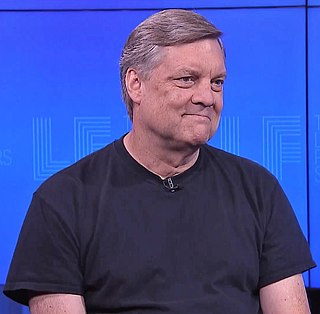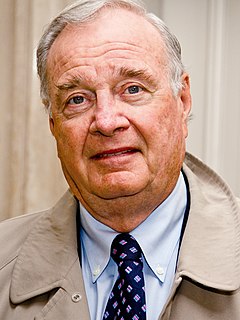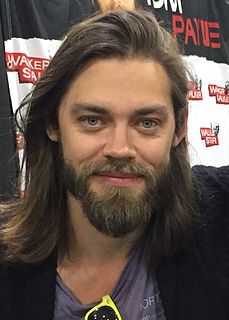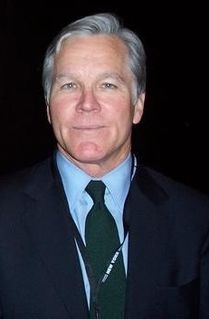A Quote by Noam Chomsky
I think we can be reasonably confident that if the American population had the slightest idea of what is being done in their name, they would be utterly appalled.
Related Quotes
There are so many things in my life that would be completely not on within the conservative church. And yet I think of myself as a reasonably decent human being. With all sorts of flaws, you know, but still reasonably decent. If I did believe in Heaven and Hell, I would really, honestly, believe I was going to go to Heaven.
The U.S. is becoming an increasingly fatherless society. A generation ago, an American child could reasonably expect to grow up with his or her father. Today an American child can reasonably expect not to. Fatherlessness is now approaching a rough parity with fatherhood as a defining feature of American childhood.
I think that most people don't think in terms of an American revolution, they think in terms of a Russian revolution, or even a Ukrainian revolution. But the idea of an American revolution does not occur to most people. And when I came down to the movement milieu seventy-five years ago, the black movement was just starting, and the war in Europe had brought into being the "Double V for Victory" [campaign]: the idea was that we ought to win democracy abroad with democracy at home. And that was the beginning of an American revolution, and most people don't recognize that.
I think it's true about people now being closer to their parents, since the '60s, really. The parents are no longer from a different planet, the 1950s ideas of American family. We could be friends with our parents. After the '60s, it wasn't like a person smoking pot was what the parents would be appalled at.
The tyranny of Harvard and Yale is another thing that transcends this problem of the set point. But what's so striking about [Louis] Brandeis is he had this vision of cultural pluralism that completely gave the lie to the idea that there was any inconsistency between being Jewish or being a woman or being African American and being fully American.
The idea of an isolated American painting , so popular in this country during the thirties, seems absurd to me, just as the idea of a purely American mathematics or physics would seem absurd... And in another sense, the problem doesn't exist at all; or, if it did, would solve itself: An American is an American and his painting would naturally be qualified by the fact, whether he wills or not. But the basic problems of contemporary painting are independent of any one country.






































